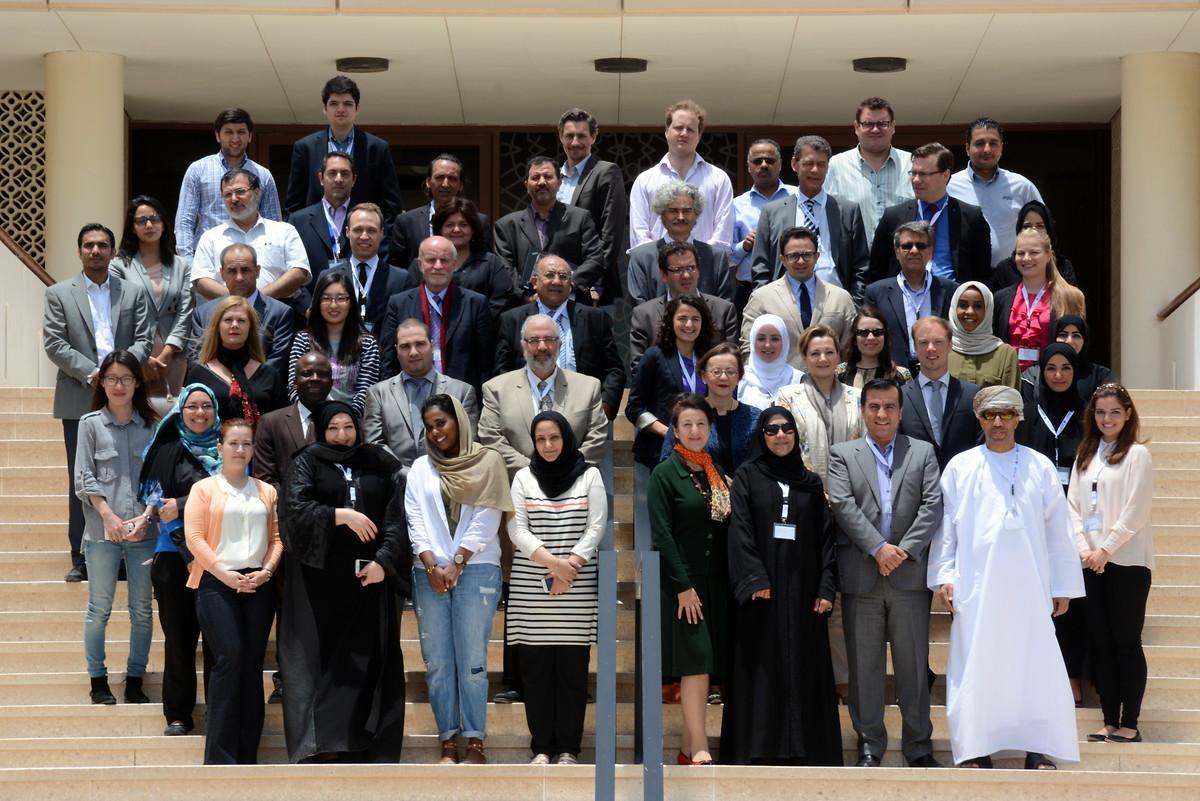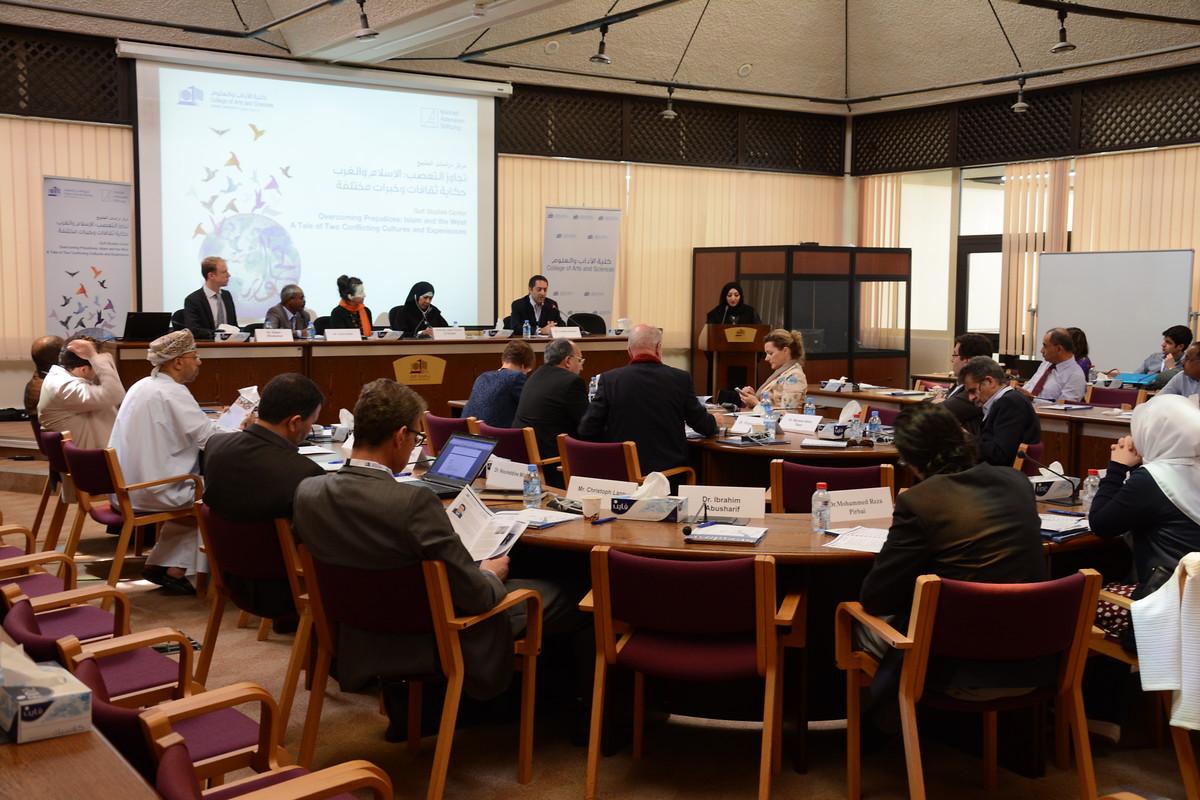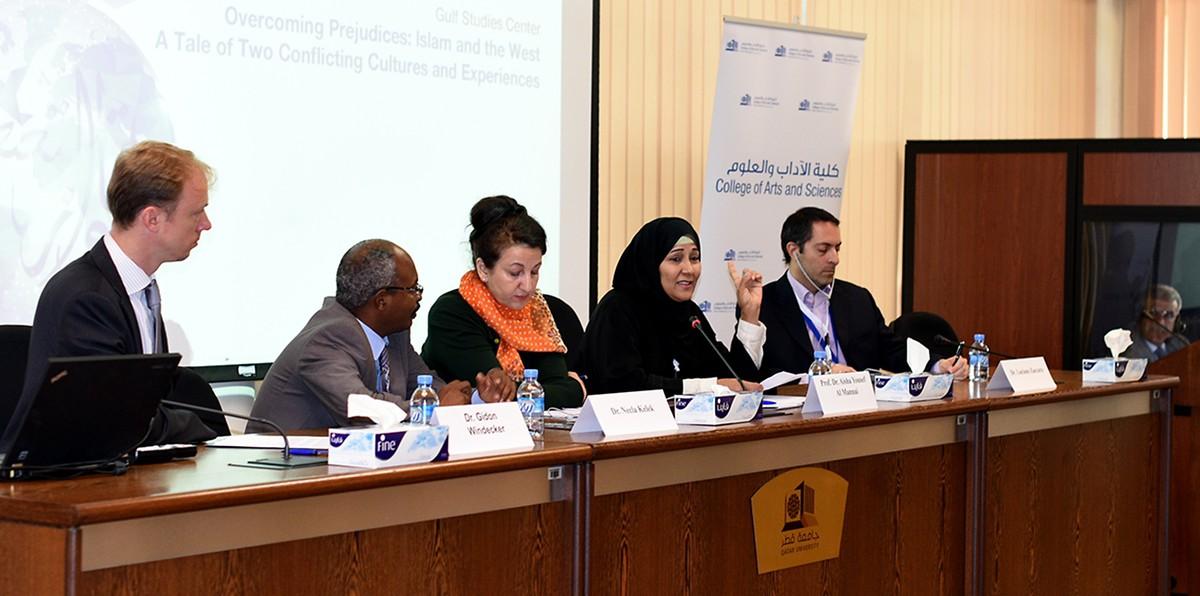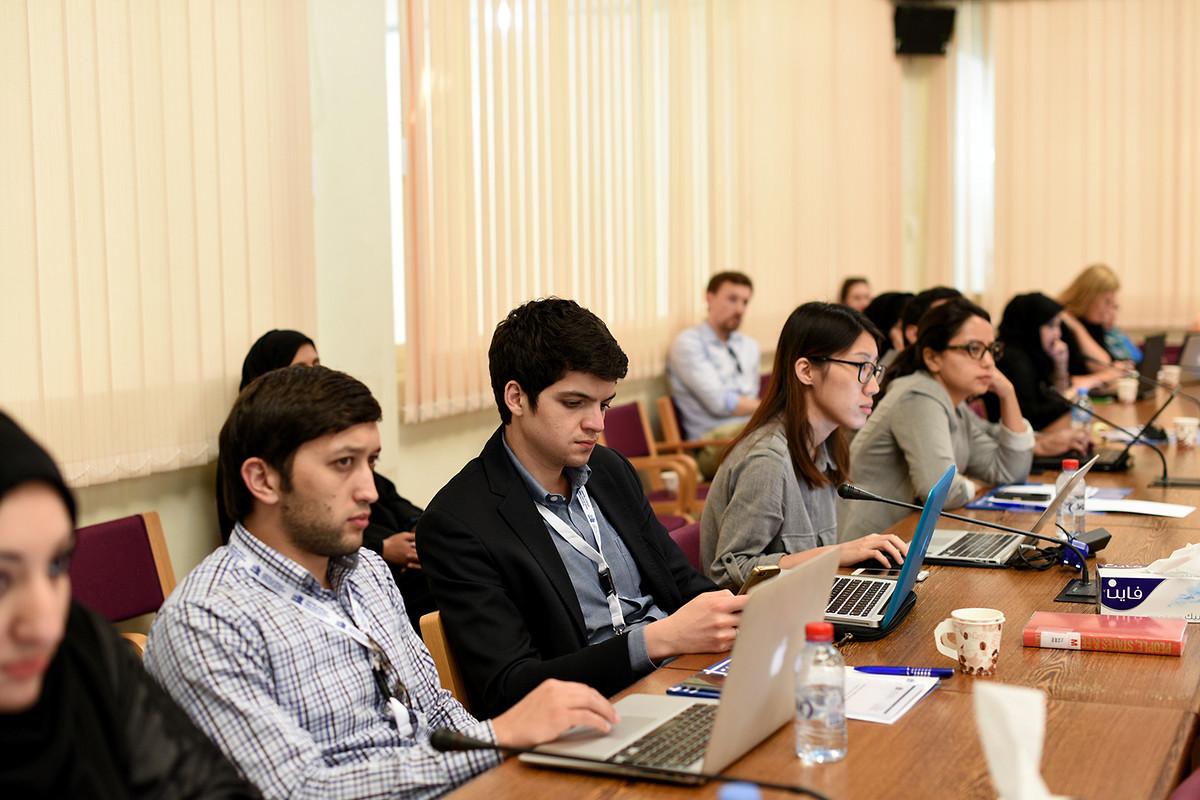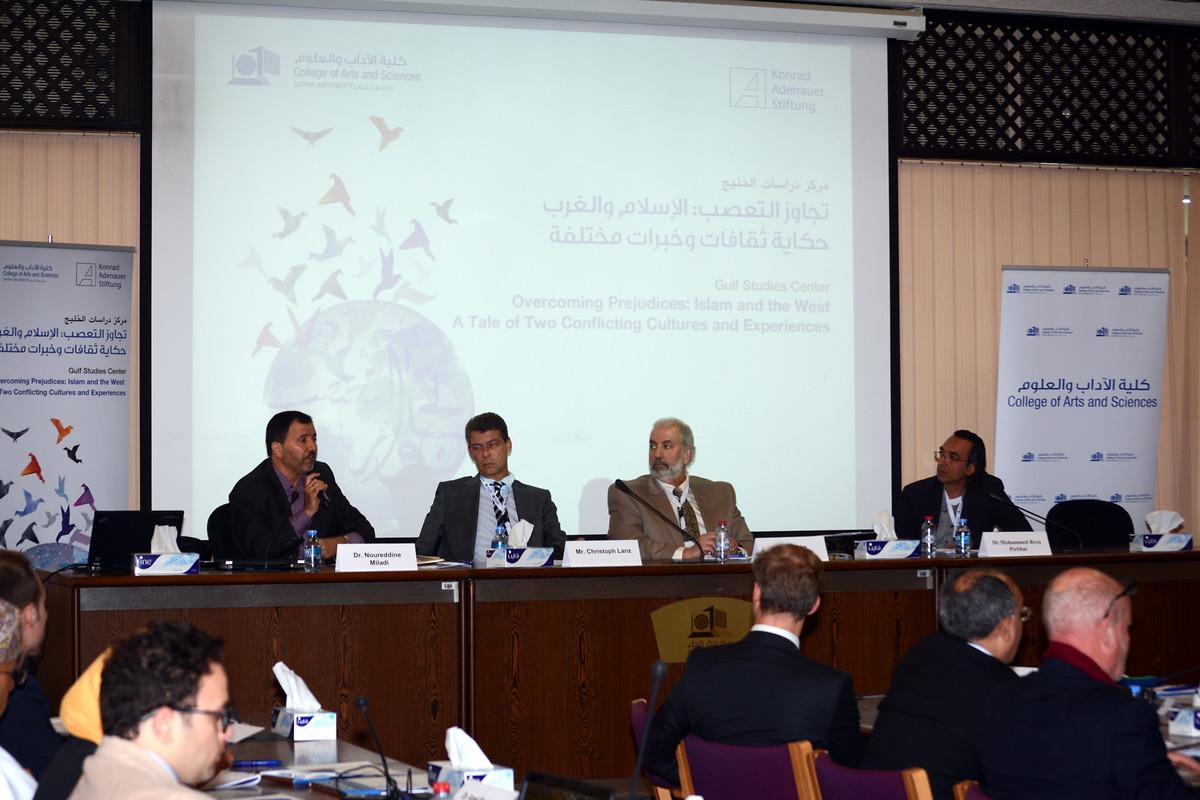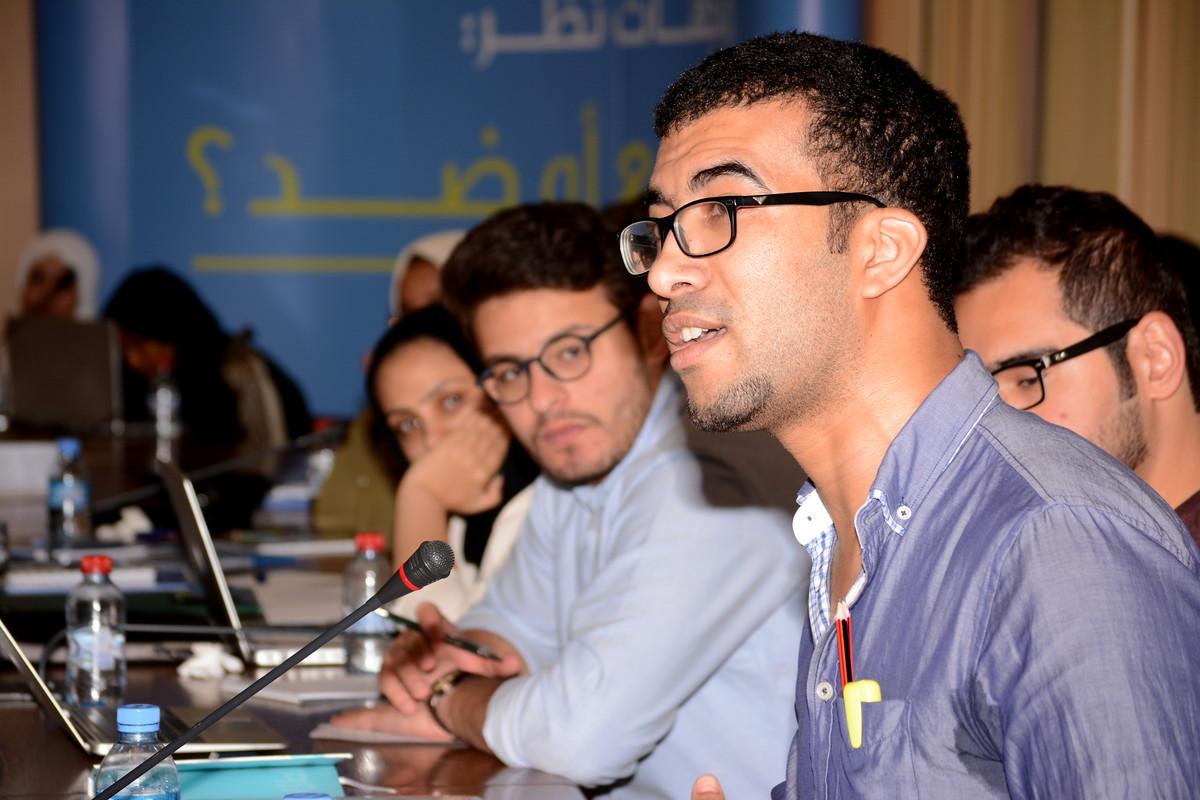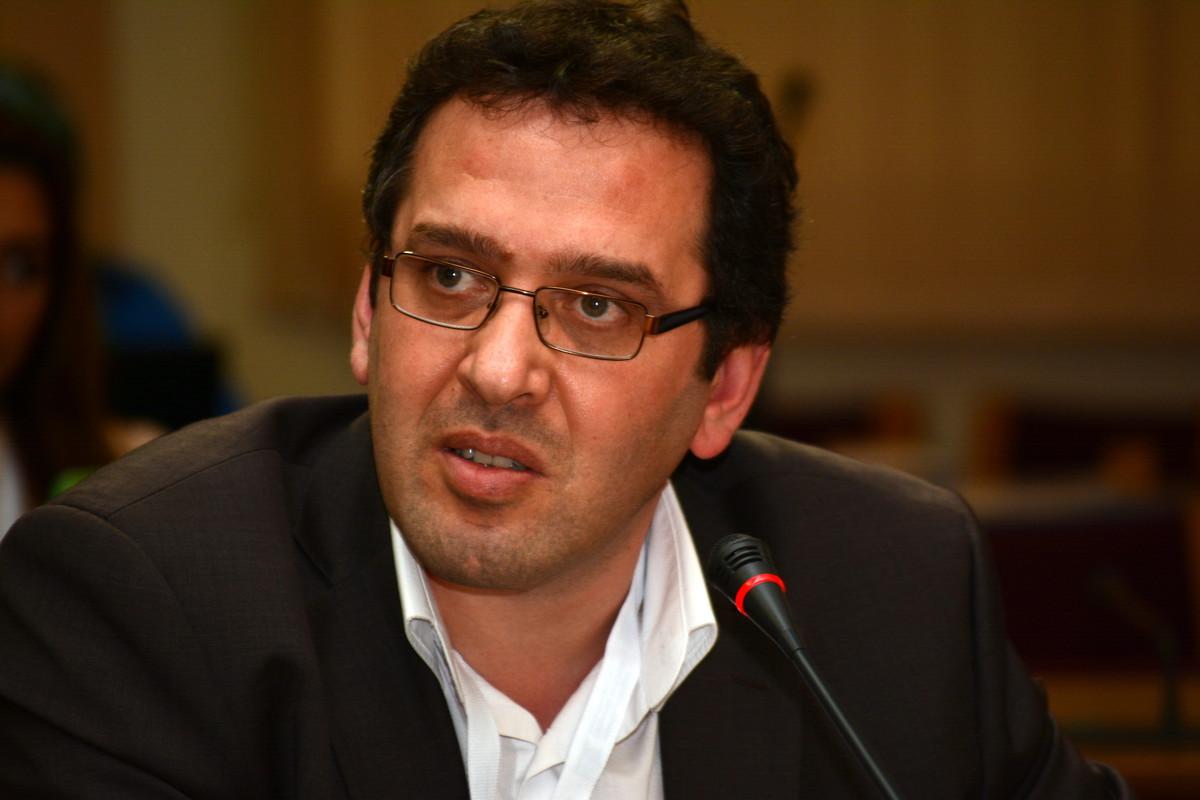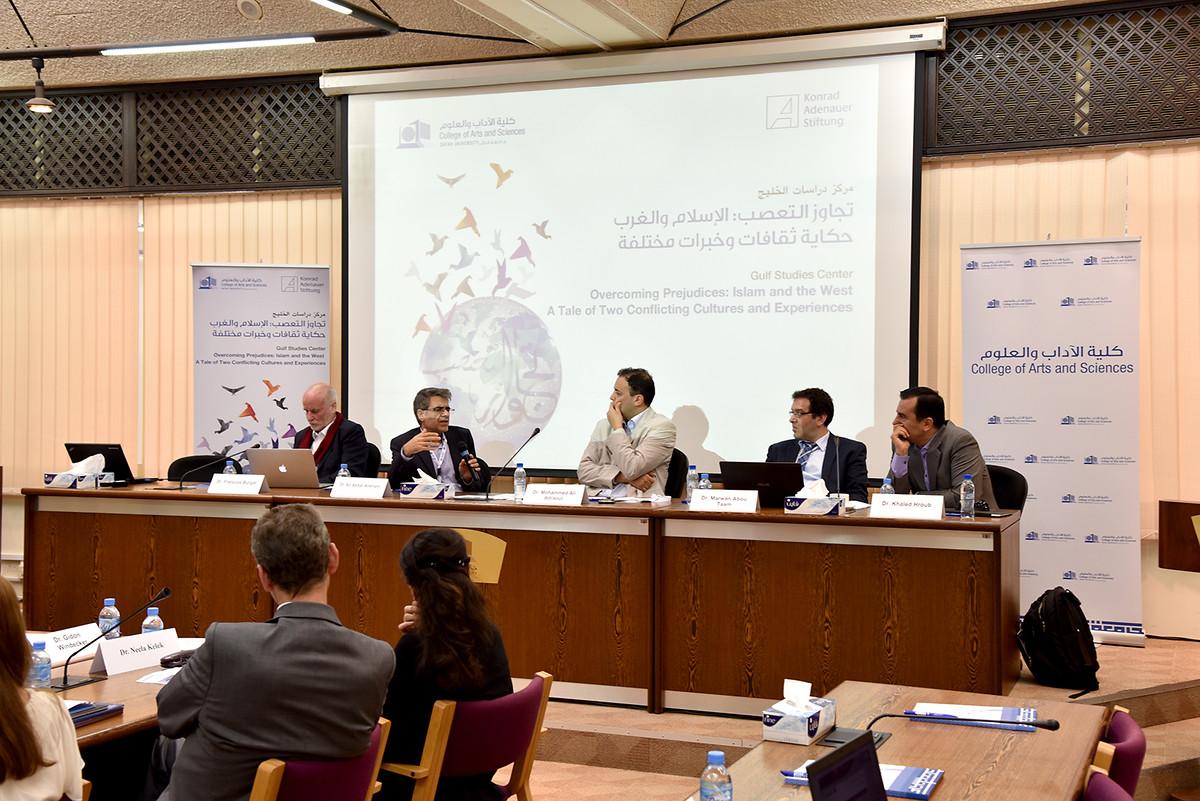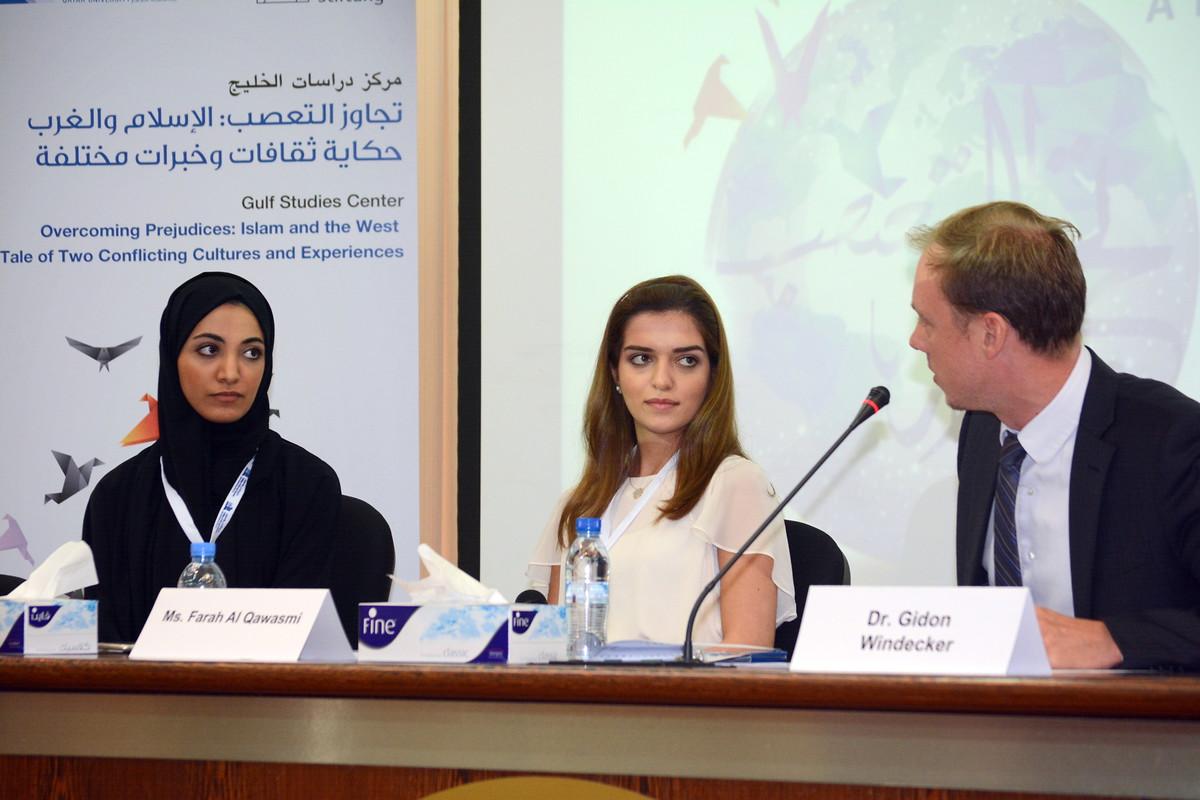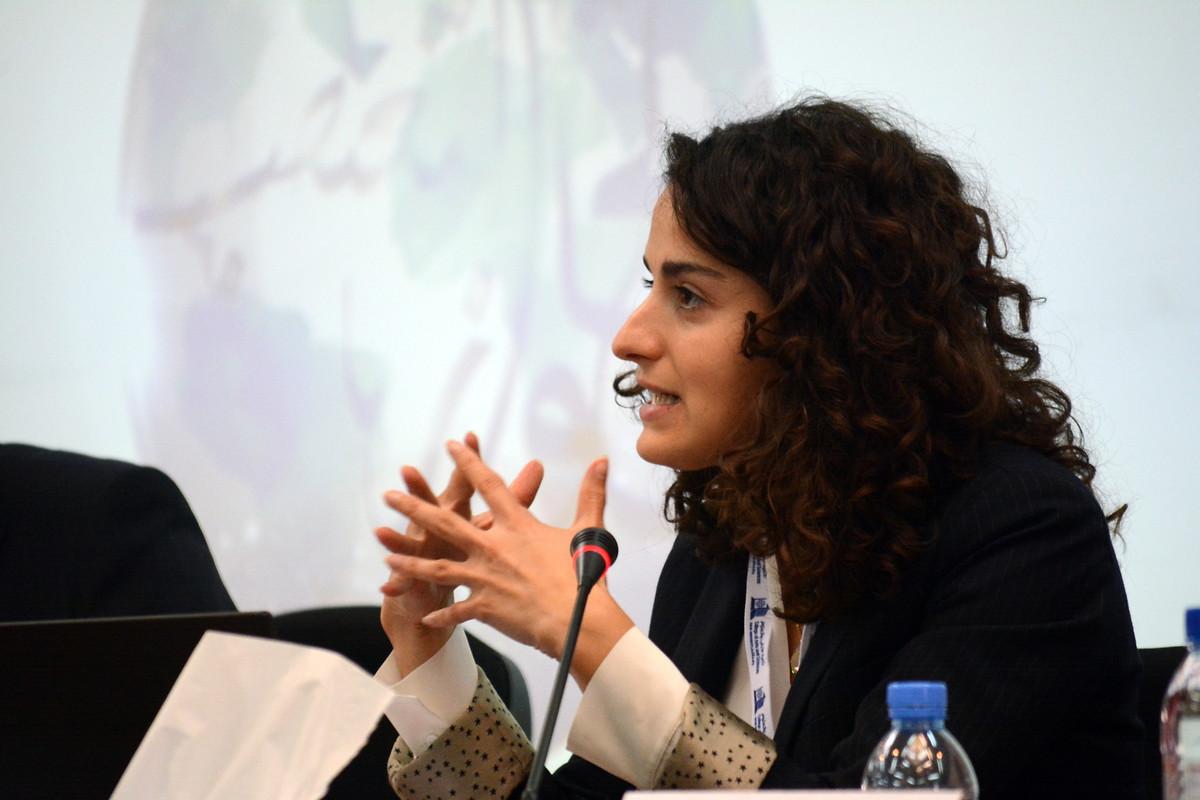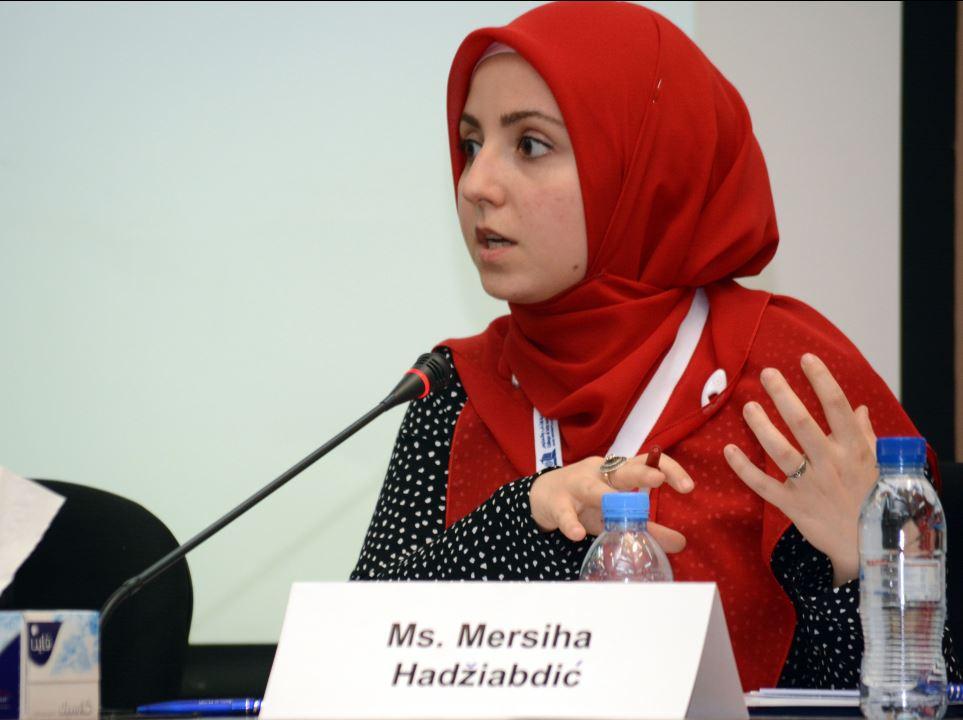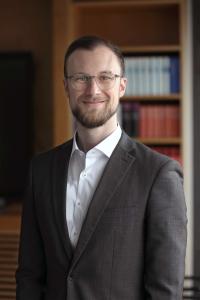Event Reports
Contrary to the British Nobel laureate Rudyard Kiplin – “East is East and West is West, and never the twain shall meet” – the conference subscribed to a more conciliatory notion in the spirit of Goethe’s mantra that “orient and occident are no longer separable”. The importance and timeliness of such a discussion was underscored by the fact that - almost simultaneously to the two-day conference in Doha - her Royal Highness Sheikha Moza bin Nasser Al Missned, the charismatic wife of Doha’s former ruler Emir Hamad bin Khalifa Al Thani, warned of an increasing division between East and West creating a “fear and suspicion of all things Islamic”, in a speech held at the University of Oxford. Sheikha Moza, who represents a modern Islam, cautioned that prejudices can only be overcome if everyone regardless of religious beliefs would be held to the same standard.
Similarly, in Doha, the conference’s Qatari keynote speaker Professor Aisha Al Mannai, Dean of the Qatar Faculty of Islamic Studies at Hamad bin Khalifa University, stressed that while differences between Islam and the West do indeed exist, they do not warrant talk of a conflict between the two. To the contrary: The only way to overcome prejudices and distrust is to accept and respect each other’s differences, she explained. In her closing, Professor Al Mannai cited the example of Prophet Muhammed who opened his mosque to the Christian minority of Najran and gave them a place to pray underlining that “Islam is not a religion of conflict and exclusion”. Rather, “his example should inspire us to pay more attention to what unites us, not what divides us”, Professor Dr Al Mannai explained.
Uniting society and overcoming divisions had also been the goal behind the famous remark of former German President Christian Wulff that “Islam belongs to Germany”, explained Dr Necla Kelek, social scientist, author and commentator on political, social and religious affairs. Dr Kelek added that the relationship between Islam and the West is an issue widely debated among the Muslim community in Germany. The call of German Chancellor Angela Merkel to be open-minded yet critical about one’s own religion, according to Dr Kelek, was therefore an important and welcome signal for the large majority Muslims in the West who strive to live in peace and democracy. Thus, one important way forward for religious reform will be the challenge to develop a humanistic and more secular interpretation of Islam: “All of us Muslims - as a global community - bear a responsibility for the way people live and act in the name of Islam. How much tradition and how much religion should underpin a modern Islam? It is our task as social scientists and religious scholars to find a peaceful answer, a peaceful consensus if you will, to how we want to live amongst each other.”
In this spirit, the conference “Overcoming Prejudices: Islam and the West – A Tale of Two Conflicting Cultures and Experiences?”, which was jointly organised by the Regional Office Gulf States of Konrad-Adenauer-Stiftung and the Gulf Studies Center at Qatar University, addressed a wide range of issues on which both sides still lack awareness and which frequently lead to misunderstandings.
Differences (and similarities) in the interpretation of freedom of expression in the West and the Islamic world thus served as a logical starting point for a lively debate, since, as the panellists quickly discovered, there is no consensus where to draw red lines for public debate on religious issues in general and critical remarks in particular. The power to shape global public opinion that media outlets have gained in the course of globalisation also means greater responsibility for the individual journalist. Especially reporting on religious issues must thus strike a fine balance between upholding freedom of speech and taking into account cultural norms and sensibilities in the Muslim world.
Yet, since the news sector is a profit-oriented business like any other, media corporations mainly publish what they can sell – which unfortunately often isn’t good news. “It just doesn’t pay for them to report on the ordinary life of Muslims. As sad as it sounds, news of terror and violence simply sell better,” Christoph Lanz, an independent journalist, media expert and strategic advisor based in Berlin, analysed. For Mr Lanz, the predominantly negative and often insufficient coverage was the main reason for the many misunderstandings and the deep-seated distrust between people in the West and the Islamic world. However, Mr Lanz reminded the audience, Western media are not trying to demonise Islam in any way. Rather, he explained, Islamic religion is simply one of many issues that are being discussed in the public sphere. His analysis was seconded by Dr Noureddine Miladi, Associate Professor in Mass Communication at Qatar University, who reassured the mostly Arab audience that Western media “have no obsession with Islam!”
Even if the discourse in Europe is not anti-Muslim in itself, it still begs the question where the recent success of right-wing populism all over Europe stems from. Explaining the real motivation behind this shift in Europe’s political landscape to the Arab public was thus another important objective of the conference. Ultimately, the goal of extremist movements is “to instil fear of ‘the other’ into the public’s mind and use a common enemy as a rallying cry to shape the public debate on many other, often unrelated, issues.” In this sense, this new kind of populism is not only directed against Islam, but also other minorities, such as Sinti and Roma, as well as the political establishment. To stem this tide, Europe’s political elite must therefore reinvigorate the debate and foster wide support for pluralistic societies on the continent: What place should be accorded to pious Muslims in western societies which see themselves as secular and liberal at the same time? In this context, Dr Abduallah Al Shayji, Professor and Former Chairman of the Faculty of Political Science at Kuwait University, used the term “Eurosceptic Union” to talk about a Europe which is becoming increasingly intolerant towards its Muslim citizens. For him, the marginalisation of Muslims in Europe and the US is driving radicalisation – an analysis sharply disputed by Mr Nico Lange, Deputy Director for Political Consulting at Konrad-Adenauer-Stiftung, who pointed out that members of the Muslim faith are often well-integrated and represented, citing the examples of Serap Güler and Emine Demirbüken-Wegner, who are both members of the board of Germany’s ruling party, the Christian Democratic Union (CDU).
After the challenge posed by right-wing movements in the West, the focus of the debate shifted to the topic of Islamic radicalism. Dr François Burgat, Senior Researcher at CNRS IREMAM in Aix-en-Provence, warned not to jump to conclusions based on all too simplistic explanations of radicalisation. According to Dr Burgat, it has become popular in the West to refer to Islam as a cause for violence and extremism in order to brush over the shortcomings of the integration policies in the West. By the same token, this religious reading of the radicalisation discourse also provides a welcome pretext for authoritarian regimes in the Arab world to depoliticise the issue and escape accountability for the role their repressive politics play in driving young people into the arms of radical groups. “The way forward needs to leave labels behind. This is not an exclusively Islamic crisis. Every religion is susceptible to radicalisation, not only Islam. A purely sociological approach thus runs the risk of overlooking failed politics as a driver of radicalisation. After all, radicalisation never happens in a vacuum.”
In this context Dr Khaled Hroub, professor at Northwestern University in Qatar, pointed out that while it has become common in the West to perceive the religious teachings of the Quran and the Sunna as medieval in character, they also inspired the Islamic Golden Age and the development of highly progressive civilisations at a time Europe was still stuck in its Dark Ages. The phenomena of radicalisation and the discourse of conflict between the West and the East must thus always be understood as the product of a unique modern political and socio-economic context, not merely one of religion. Treating Islam and the West in an equitable and fair way in public debate would consequently be a necessary first step to deescalating the rhetoric of radicals. The hypocrisy with which the western hemisphere would frequently treat Islam would only encourage a vicious circle of finger-pointing and blaming each other - an ideal breeding ground for further radicalisation on both sides. In this light, Dr Marwan Abou Taam, Researcher at the State Office for Criminal Investigations Rhineland-Palatinate, emphasised that only a fraction of European jihadists are driven by ideological reasons. Rather, for the large majority it is a sense of adventurism and a romanticised notion of heroism that is the main motivation to join Islamist organisations in Iraq and Syria.
Towards the end of the conference, hopes for a prejudice-free interaction between Islam in the West were spread by four young Muslim women, two from Qatar and two from Germany. Asked about their personal experiences of living in the West as a young Muslim, the Qatari panellists explained that while their experiences in general were very positive, they would have liked to have more opportunities for dialogue while studying abroad in the UK. Nevertheless, they described their time abroad as very rewarding: Living in a country where prejudices against Islam are still very prevalent had taught them to reflect more critically on their own religion as well as offered them an opportunity to act as ambassadors of Islam and refute common prejudices.
Similarly, Esra Kücük, Director of the Young Islam Conference in Germany, and Mersiha Hadžiabdić, Project Management Assistant at JUMA Project (“Young, Muslim, Active”), emphasised the need to establish platforms through which young Muslims in Germany can articulate their interests and enter into a dialogue with the rest of society. As a positive example, they cited the Muslimische Forum Deutschland (English: Muslim Forum Germany), which was recently established on the initiative of Konrad-Adenauer-Stiftung and is composed of intellectuals, scientists and journalists from a wide variety of ethnic and religious backgrounds, including the conference speaker Dr Marwan Abou Taam.
The two German speakers, which represented a European version of Islam, stressed that “the problem of stereotypes is not that they are incorrect by definition, but rather paint an incomplete picture. This explains how the stories of a small, misguided minority among the world’s 1.6 billion Muslims were able to evolve into a dominant yet distorted narrative of a whole religious community.” To prevent this, young Muslims like themselves would have a duty to enter the public debate and put forward their vision of what it means to be a pious Muslim and member of Western society at the same time. In closing, they encouraged the audience to raise their voice wherever they are to fight injustice and thwart prejudices.
The conference in Doha marked the fourth successful cooperation between Konrad-Adenauer-Stiftung’s Regional Office Gulf States and the Gulf Studies Center at Qatar University. The event did not only help enhance the dialogue between Islam and the West, but also provided a valuable platform for discussion between the representatives of different strands of Islam.



